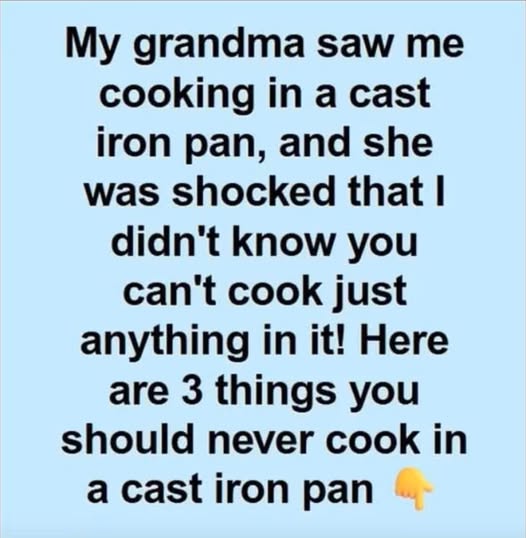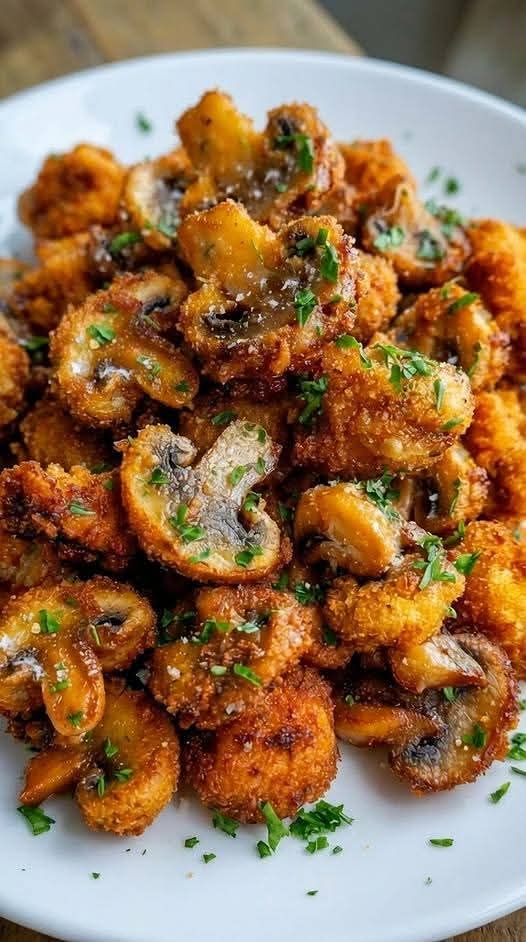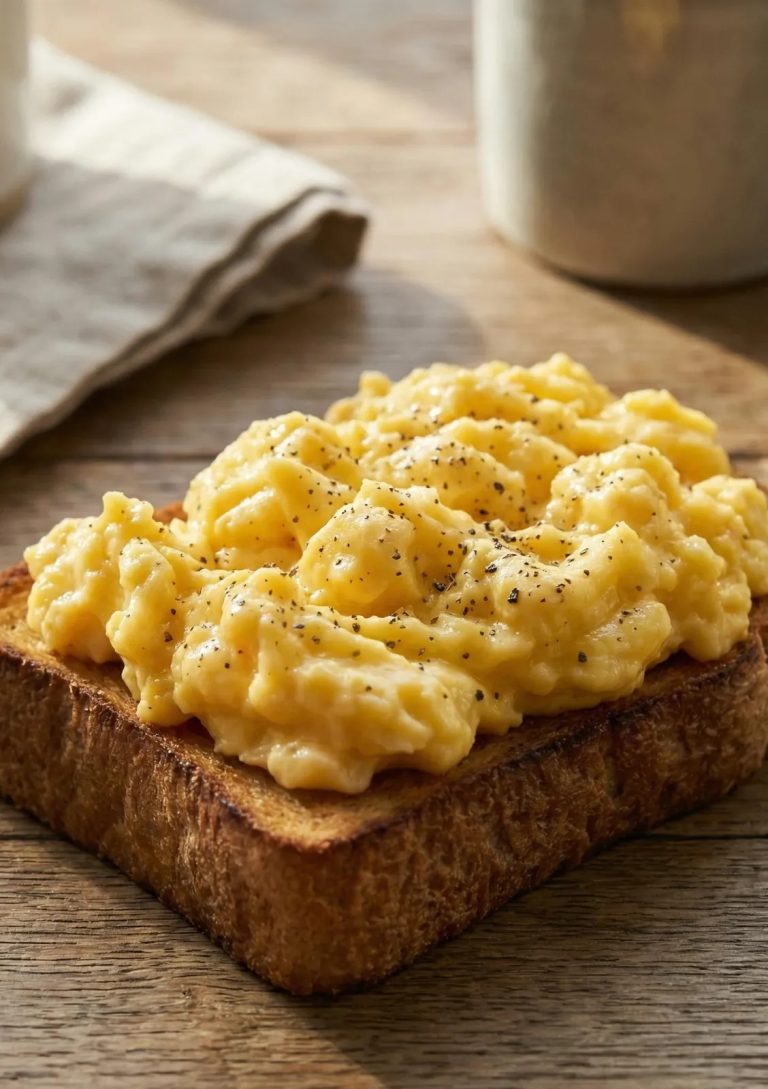
There’s something timeless about cooking in a cast iron pan — the sizzle, the flavor, the nostalgia. My grandma swears by hers. It’s older than I am, and she treats it like a family heirloom.
But when she saw me cooking dinner in mine, she gasped and said, “You can’t cook that in a cast iron pan!”
Turns out, not everything belongs in cast iron. While these pans are incredibly versatile, there are a few foods that can actually damage them or ruin your meal. Here are three things you should never cook in a cast iron pan, according to Grandma (and science agrees).
1. Acidic Foods — Like Tomatoes, Vinegar, or Citrus-Based Sauces
Tomatoes might make a delicious pasta sauce, but in cast iron, they can spell disaster. Acidic foods react with the metal, breaking down the seasoning layer you’ve worked so hard to build.
This reaction can also cause your dish to pick up a metallic taste. If you’ve ever had spaghetti sauce that tasted like pennies, now you know why.
Stick to non-reactive cookware like stainless steel or enameled cast iron when making tomato-based dishes or anything with vinegar or lemon.
2. Delicate Fish (Like Tilapia or Flounder)
Cast iron gets hot — really hot — and that’s great for searing steaks or frying chicken. But when it comes to tender, flaky fish, it’s too much heat for too little structure.
Delicate fish tends to stick to the pan, tearing apart before you can even flip it. You’ll end up with a crumbling mess instead of a beautiful golden fillet.
If you want perfectly cooked fish, reach for a non-stick skillet or bake it in the oven instead.
3. Sticky or Sugary Dishes (Like Caramel or Syrups)
You might think cast iron is perfect for everything from breakfast to desserts — but sugary recipes can be your seasoning’s worst nightmare.
Caramel, syrups, or anything high in sugar can cling to the surface, burn easily, and strip the pan’s protective coating. Cleaning it off often means scrubbing too hard, which can ruin that seasoned finish you’ve been building layer by layer.
When it comes to candy-making or sticky glazes, grab a saucepan or enamel-coated pan instead.
Bonus Tip from Grandma:
Never leave food sitting in your cast iron pan after cooking. The moisture and acids from leftovers can cause rust or damage the seasoning. Always transfer your food to a plate or container right after cooking, then clean and oil your pan properly.
In Conclusion
Cast iron pans are amazing tools when used right — they last for generations and make food taste incredible. But like all good things, they come with a few rules.
Avoid acidic dishes, delicate fish, and sugary foods, and your cast iron pan will reward you with years (even decades) of perfectly cooked meals.
As Grandma says:
“Treat your cast iron with respect, and it’ll treat you to the best meals of your life.”



